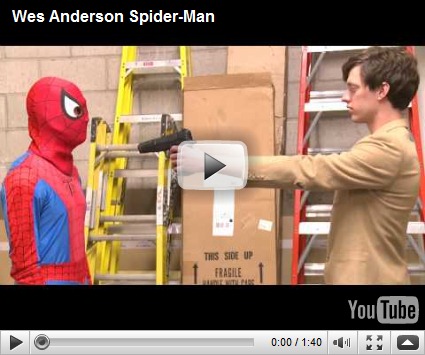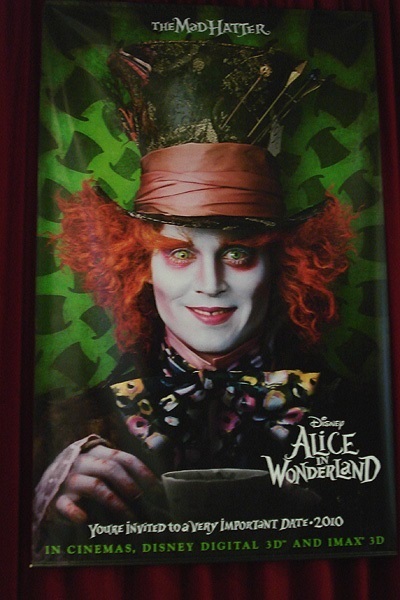In 1997 I sent a letter to Steven Spielberg suggesting that he hire me as the Common Sense Director for his movies. I explained that my role would be to point out the silly, avoidable flaws that seem to plague so many films, his included. It was probably in reference to Jurassic Park, a film that he directed and was seriously flawed.
For example, why breed dangerous velociraptors if their enclosure provides no possible view of the animal to the public? In fact, why not just breed plant-eating dinosaurs and dispense with any concerns from investors and insurance carriers that hound the owner of the park at the beginning of the story? Hell, why bother stocking your park with carnivorous monsters at all? Aren’t brontosauruses and triceratops cool enough? And why send all the employees of your island-bound park home every night by boat instead of providing permanent housing for at least some of them? It’s an animal park. Should it really be left unattended every night?
The list goes on and on.
Granted, I understand why these elements had to be in place for the story to work, but at least take a moment in the film to explain the reasoning behind these decisions, otherwise things just seem too silly and improbable.
I tell you all this because I saw the new Star Trek movie today, and while I enjoyed the film, it was most definitely flawed, and once again, avoidably so. Granted, it didn’t involve Kirk and Spock traveling back in time to borrow whales from twentieth century Earth or a Voyager space probe gaining consciousness and threatening to destroy Earth, so there was no place to go but up.
But still, it had its problems, most of them occurring in the middle of the film, and from here, I must warn you that the rest of this post will include spoilers.
First, I must say that I went to the movie alone, just my second trip to the theater since my daughter was born. It was an 11 AM matinee and I was the only one in the theater. Buoyed by the thought of a private screening, I left my cell phone on, removed my shoes, switched seats several times, and cheered at certain parts of the film, jut because I could.
Things were off to a fine start.
And the movie was good as well. Things were going along nicely, lots of action and adventure, when Spock, the acting captain of the Enterprise, decided that instead of tossing an insubordinate Kirk into the brig for resisting arrest, he would instead place the unconscious cadet in an escape capsule and send him into temporary exile on an unnamed frozen planet.
Seemed a little extreme to me when a perfectly good jail cell is probably just two or three decks below, but I’ll let this one go for now.
Fortunately, Kirk’s escape capsule lands within walking distance of two people who will prove instrumental to his eventual triumph. In fact, these are probably the only two people in the universe who could possibly help Kirk in any way: the aged Spock from the future, who steps in just in time to save Kirk from being eaten from a monster that does not seem suited to the planet’s frozen climate, and Scotty, the only man in the universe capable of transporting Kirk back onto the Enterprise while it is moving at warp speed.
I found this set of circumstances a little hard to swallow. Added to this, it was also oddly convenient that:
a. Both of these men would be on the same chunk of orbiting ice at the same time.
b. Both men were within walking distance of one another, even though one was manning a Star Fleet outpost and the other had inexplicably taken up residence in a cave.
c. Out of all the places Kirk’s unpiloted capsule could have landed on this planet, it just happened to set down within walking distance of both men.
Ridiculous.
The same, stupid thing happened in The Empire Strikes Back. Luke Skywalker heads to Dagobah to meet Yoda and crash-lands on the planet, with no idea where Yoda might be. Thankfully, Luke discovers that he has miraculously landed about 35 feet from Yoda’s hovel, despite the enormous size of the planet.
Ridiculous.
A friend tried to explain the coincidence by declaring that this was the Force at work, but in Episode I, it is made clear that the power of the Force is derived from microscopic organisms living in symbiosis with other living beings, and therefore the Force would have no control over where an X-wing fighter might crash on a swamp-filled planet.
This unfortunate section of the movie closes with future-Spock’s view of Vulcan being destroyed from the surface of the frozen planet. But any junior astronomer could tell you that if a planet that appears about five times the size of our Moon in the daytime sky is destroyed, the shift in gravitation as a result of the disappearance of the planet would send all other planetary bodies, and especially ones as close as this frozen planet was, spinning off into space.
Yet Spock, Scotty, and the frozen planet all remain perfectly safe as Vulcan is eaten by a temporary black hole.
If only I could have sat down with the writers of this film and said, “Look guys. There’s no way that Kirk can be marooned on the same uninhabited planet as future Spock and Scotty. And there’s no way he finds them this easily, just about a stone’s throw from one another. Let’s spend thirty seconds of movie-time cleaning this up a bit. Okay?”
Please?
“And then let’s talk about how gravity works in space. Okay?”
So once again I put out the offer to any and all movie directors, writers and producers: Run your script by me. Give me an advanced screening of your film. Let me help you by clearing up the improbability and silliness that seems to plague so many films. A few minor corrections or a moment of explanation can change a movie from one that is flawed and silly to one that is memorable and right.
Mr. Spielberg. Are you listening?









